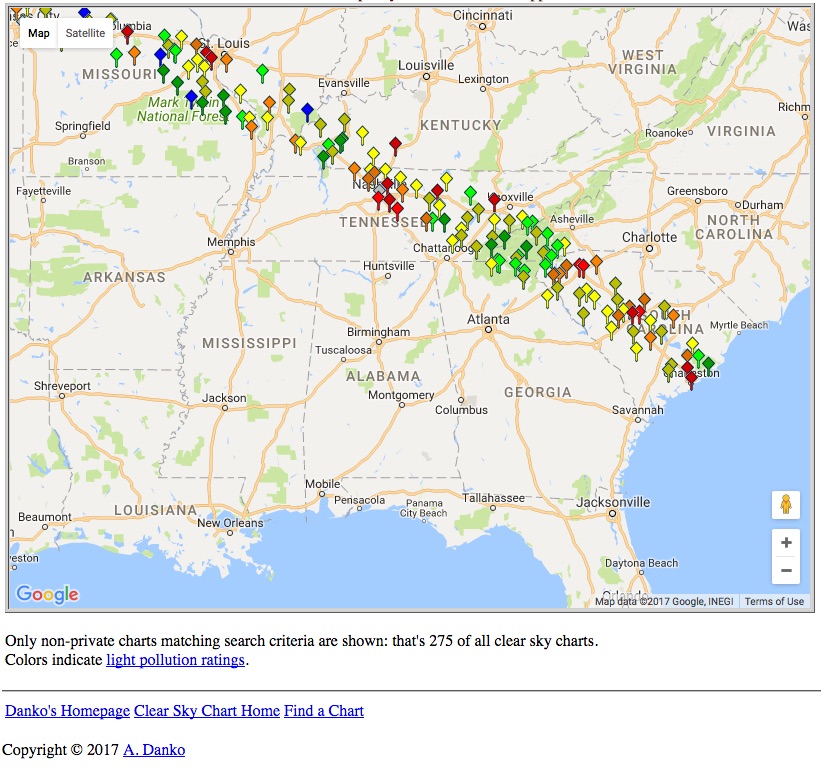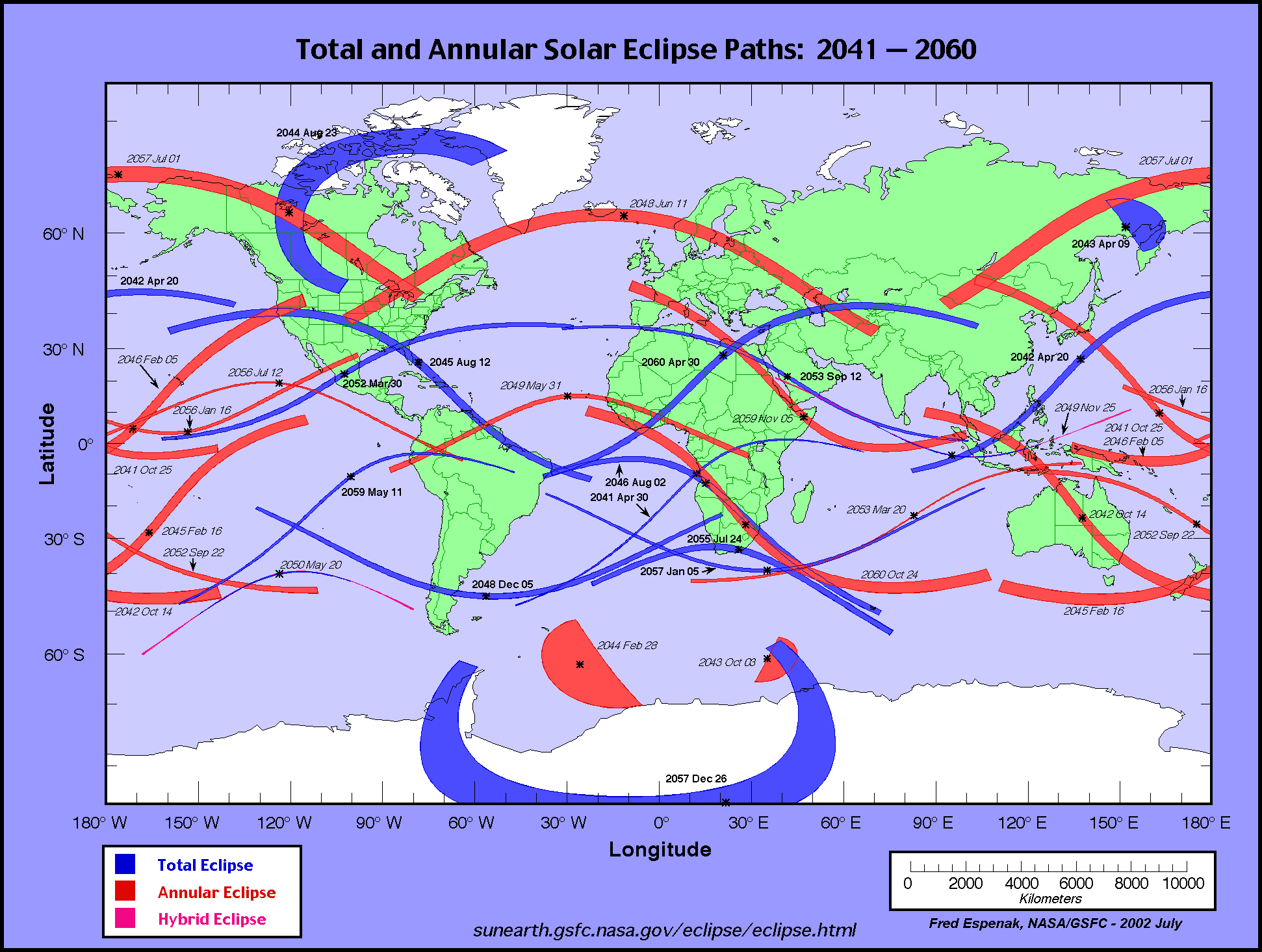Astronomy
Introduction to Astronomy
If you’re a star gazer, you’ll not want to miss out on NFC's Introduction to Astronomy
course taught by Dr. Guenter Maresch. The three-credit course may be taken for college
credit or audited.
Classes are held in NFC's state-of-the-art Science Center; with some class meetings
held locally in a mobile planetarium. Students get to gaze at the heavens through
a series of different types of telescopes including an Obsession 25” f/5 instrument,
one of the largest in Florida.
Students can expect to see some spectacular views, zoom inside the craters and canyons
of the moon or float among the glowing clouds of the Orion nebula. Students may also
take their own “astro” photos through special cameras for broadcast into the classroom
or just using their own cellphone cameras. One astronomy lab provides and introduction
to the use of NFC's Astronomical Observatory and allows them to operate the research grade instrument remotely from the classroom.
If you are an NFC student and just interested in exploring the universe, you may consider
joining the Astronomy Club. You do not have to be enrolled in the astronomy class for becoming a club member.
The club uses the Observatory on a regular basis for night observations. The College's
Astronomy Program offers multiple pathways to the planets, stars, galaxies, space, space travel, and
astrophysics.
Check out the current NFC Course Schedule and College Catalog or contact Dr. Guenter
Maresch 850- 973-1632 or MareschG@nfc.edu , for more information on Astronomy courses and opportunities at NFC.
Astronomy Links
News
Solar Eclipse of 2017, August 21
1:10 - 4:07 pm local time
Warning! NEVER look directly at the Sun! Special protection is needed.
For those of you who can have the luxury to travel to the path of totality [chart
by cleardarksky.com]:

Solar Eclipse Observations on Campus
Monday, August 21, 2017 2:30 - 3:00 Science Building # 34
Solar telescopes and solar eclipse sunglasses will be available for viewing, weather
permitting.
What to expect: In Madison we are about 300 miles South of the path of totality. This means we are
slightly off the straight line drawn from the center of the Sun through the center
of the Moon - But we are close. We still will be able to see the Moon in front of
the Sun. The Moon's disk will cover the whole Sun only for those who are within the
path of totality. For us, only part of the Sun will be covered. But that is a big
part: 87 % of the Sun will be covered at 2:40 pm Eastern Daylight Saving Time in Madison.
This also explains why it will not get dark here. Only those who are in the center
of the path of totality will experience for 2 min 40 sec night during that afternoon.
For us, in case it will be cloudy, we will not even notice. Only those who look SAFELY
at the sun will see the special astronomical event.
How special? Solar eclipses occur actually fairly often. However, due to the cosmic arrangement
of the distances to Sun and Moon, and their sizes, totality at a given point on the
Earth is rare. The next total solar eclipse will be on July 2, 2019 ... in the South
Pacific Ocean. If you are really patient, later North Florida will be lucky twice:
The next total eclipse visible in North Florida will be on August 12, 2045. And then
soon later the next total eclipse in our area will be on March 30, 2052. The last
total solar eclipse visible in North Florida was on March 7, 1970.
